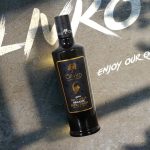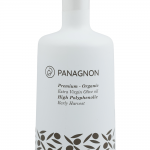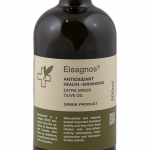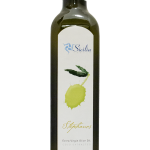The Olive Oil Commission of California (OOCC) is launching a voluntary sampling and testing program for smaller producers.
Under the law that established the OOCC three years ago, olive oil handlers who produce 5,000 gallons or more per year are required to participate in the commission’s sampling and testing program.
Producers with fewer than 5,000 gallons are technically exempt from the mandatory requirements of the OOCC, but that doesn’t mean they don’t believe in the program’s aims.
“The ultimate goal of the OOCC is to give consumers confidence in California olive oil by verifying the grade of oils produced through a government sampling program,” said Jeff Colombini, Chairman of the OOCC. “In recent months, the OOCC has heard from smaller producers who want the same thing. The Board wanted to find a way to allow any producer – no matter what size – to participate in this government sampling program.”
Currently, members of the OOCC pay an assessment of $0.14 per gallon which covers the government sampling and testing program. As an interim step, the board voted to charge a fee not to exceed $700 for exempt handlers who voluntarily want to have their oils sampled by the government and tested for the eight quality parameters, plus additional tests for purity as required under the OOCC.
“It should be noted that all producers with 5,000 gallons or more are required to test all lots of oil tested themselves using a certified laboratory,” continued Colombini. “Smaller producers are also required to do their own testing. And although they are not required to test their own oils for all eight quality parameters, their oils must meet all quality standards of the OOCC.”
A working group has been formed to develop a fee structure going forward and a system that will make it more economical for smaller producers to participate.
“The OOCC believes the more producers who are involved in our program the better,” stressed Colombini. “Consistent, measurable quality in California olive oil benefits everyone.”
In addition, the OOCC will allow producers to utilize a service mark on packaging or in marketing materials indicating their involvement in this mandatory program.
“Many producers had been asking for a way to communicate with their customers about their involvement in this new program which seeks to assure consumers about the quality of California olive oil,” explained Colombini. “The board agreed to allow producers to use a new mark developed for this purpose. The mark indicates the producer is a member of the OOCC and therefore subject to its provisions.”
Producers interested in using the mark must complete a Service Mark Agreement which verifies they are an OOCC member in good standing. Once this agreement is approved, the OOCC can provide artwork files of the service mark for use on bottles, labels, websites and other marketing materials.
Along with the service mark, the following approved language can be included on packaging: The producer of this product is subject to the mandatory California Department of Food & Agriculture standard for olive oil.
“The OOCC views this as a positive step forward in its efforts to communicate about the benefits of the OOCC program,” concluded Colombini.





